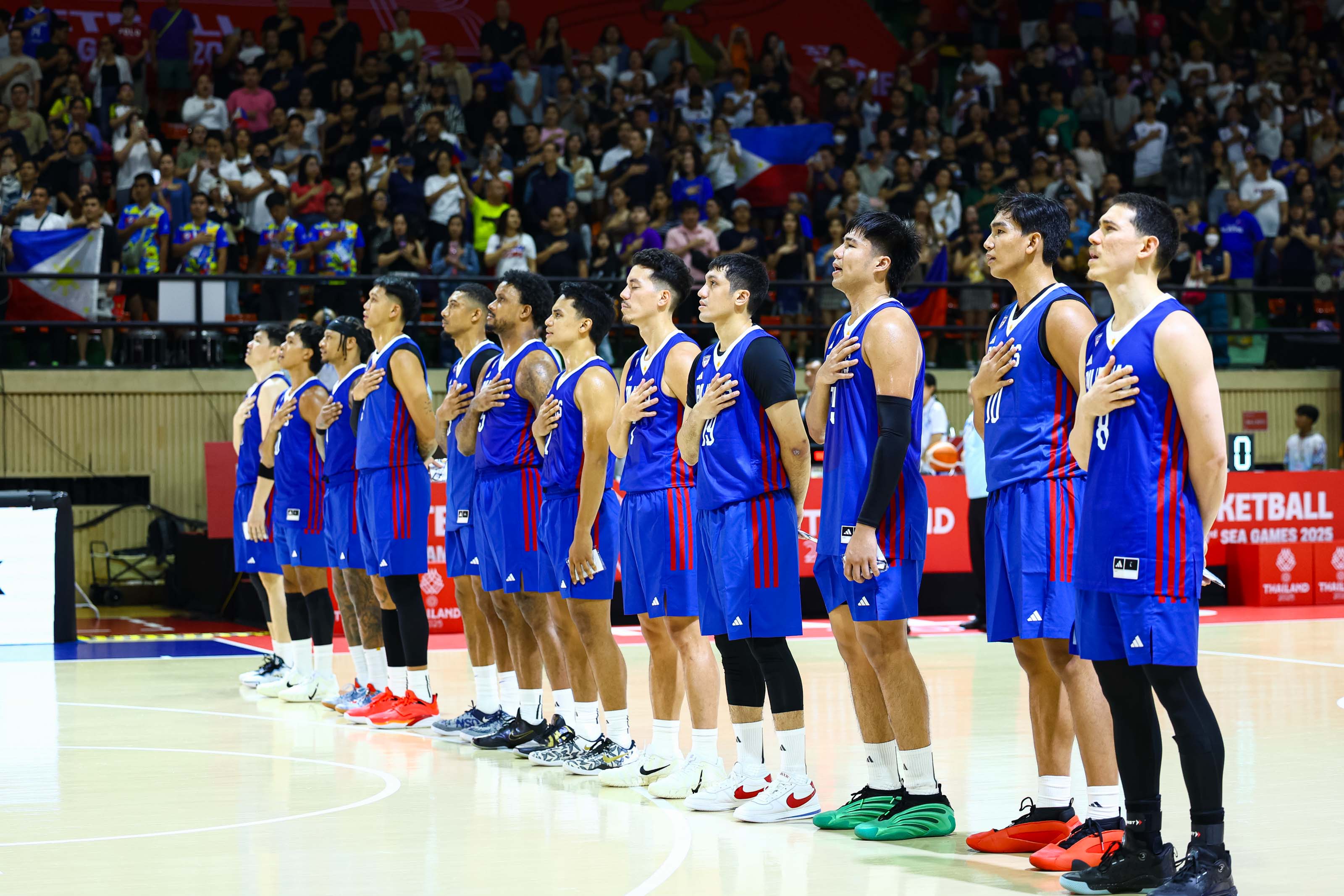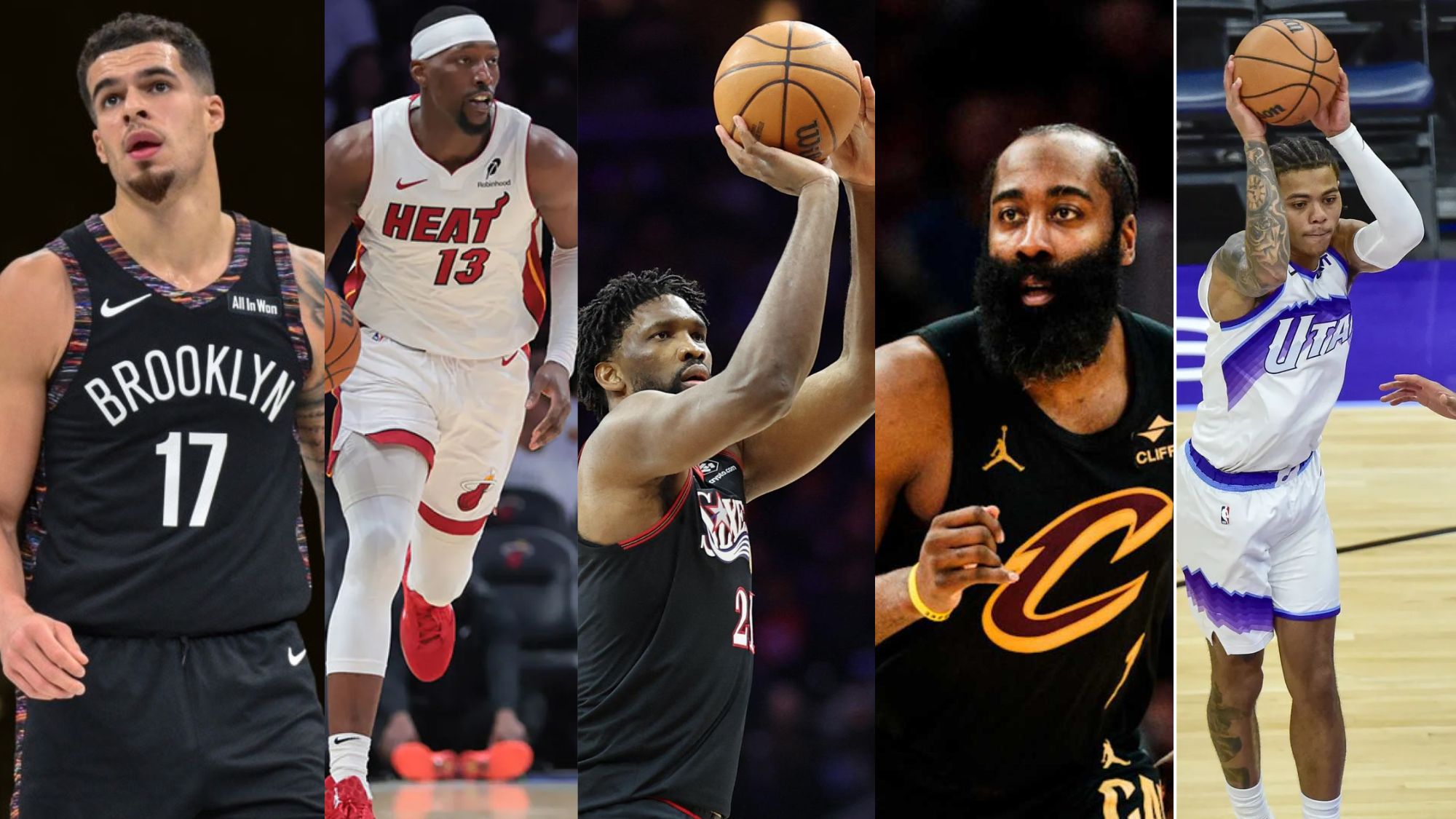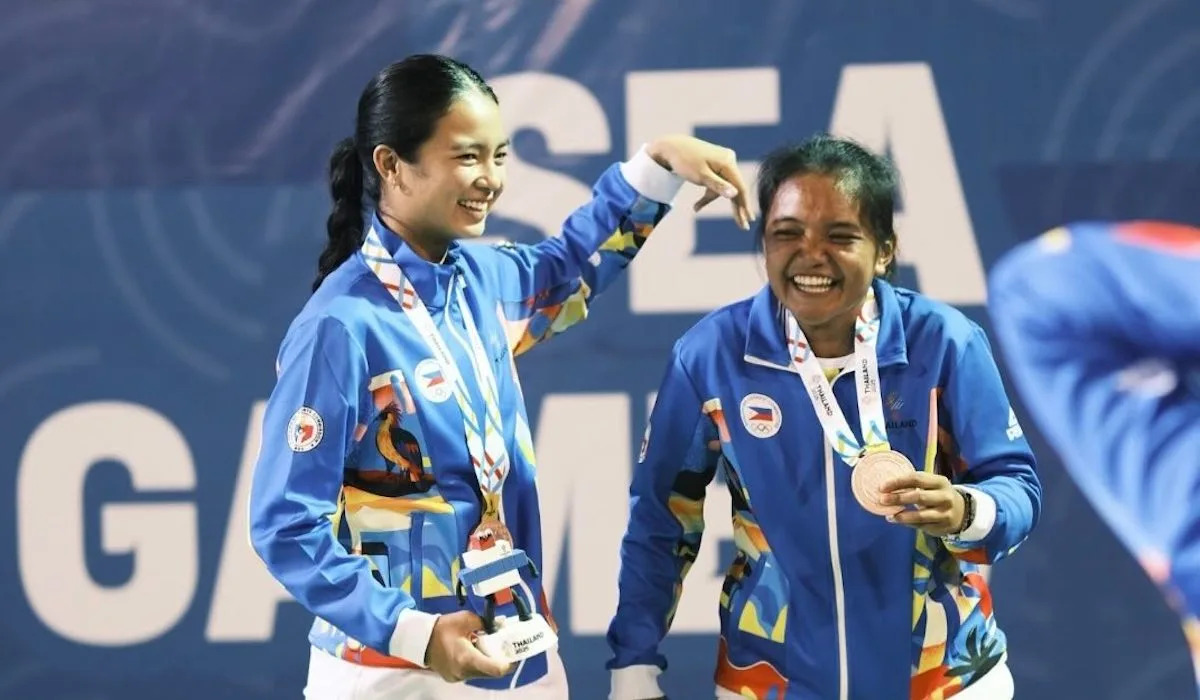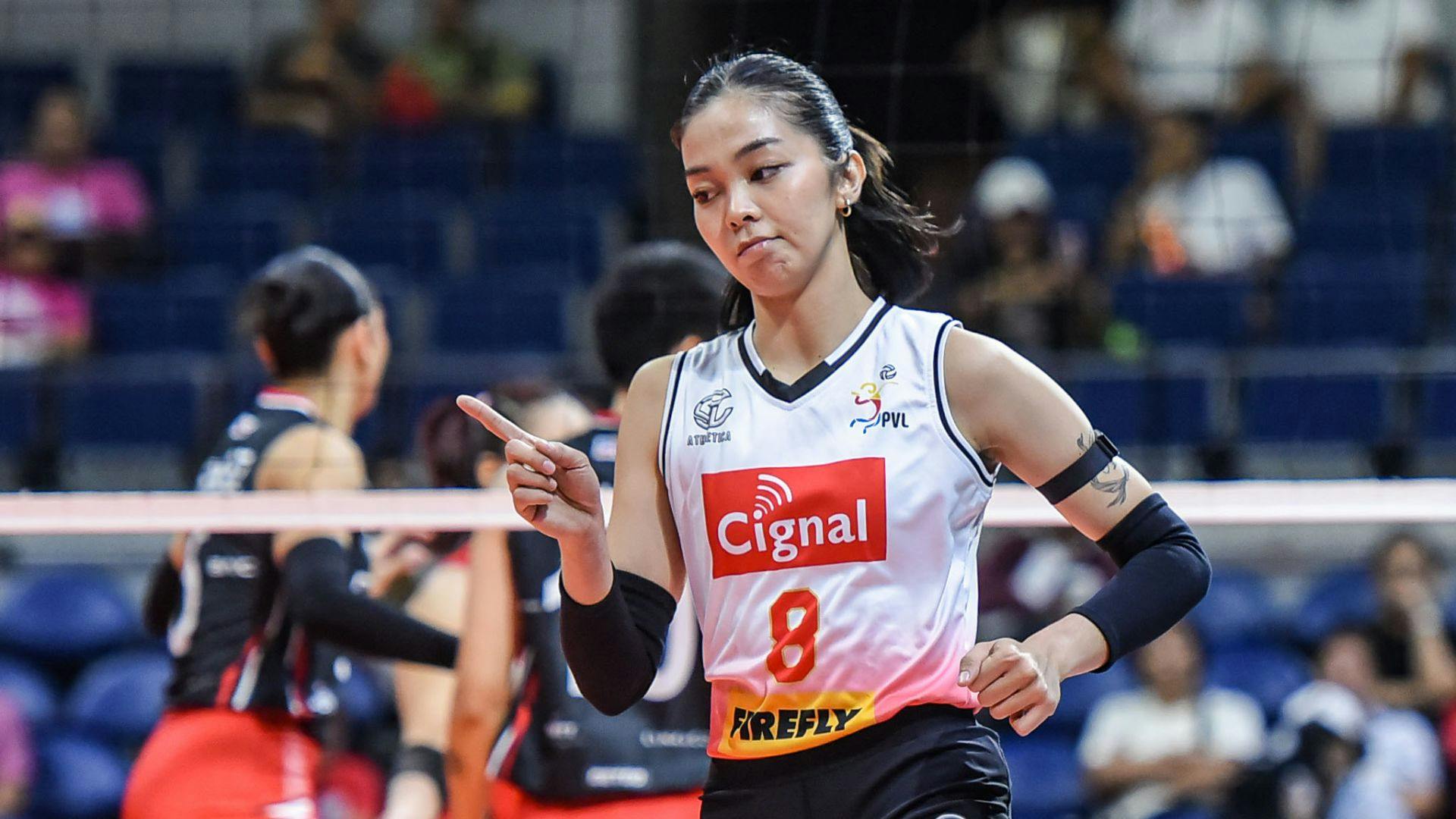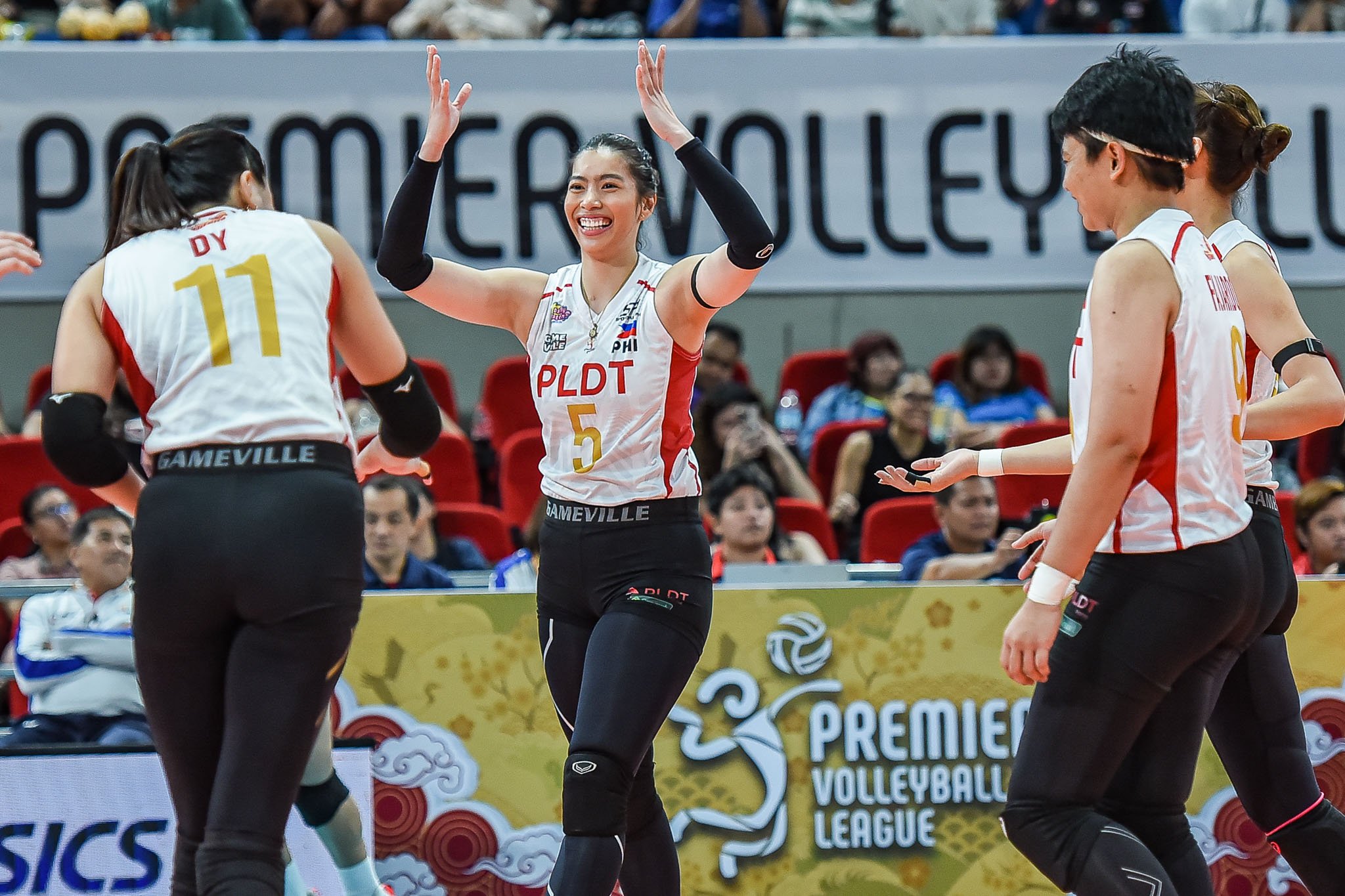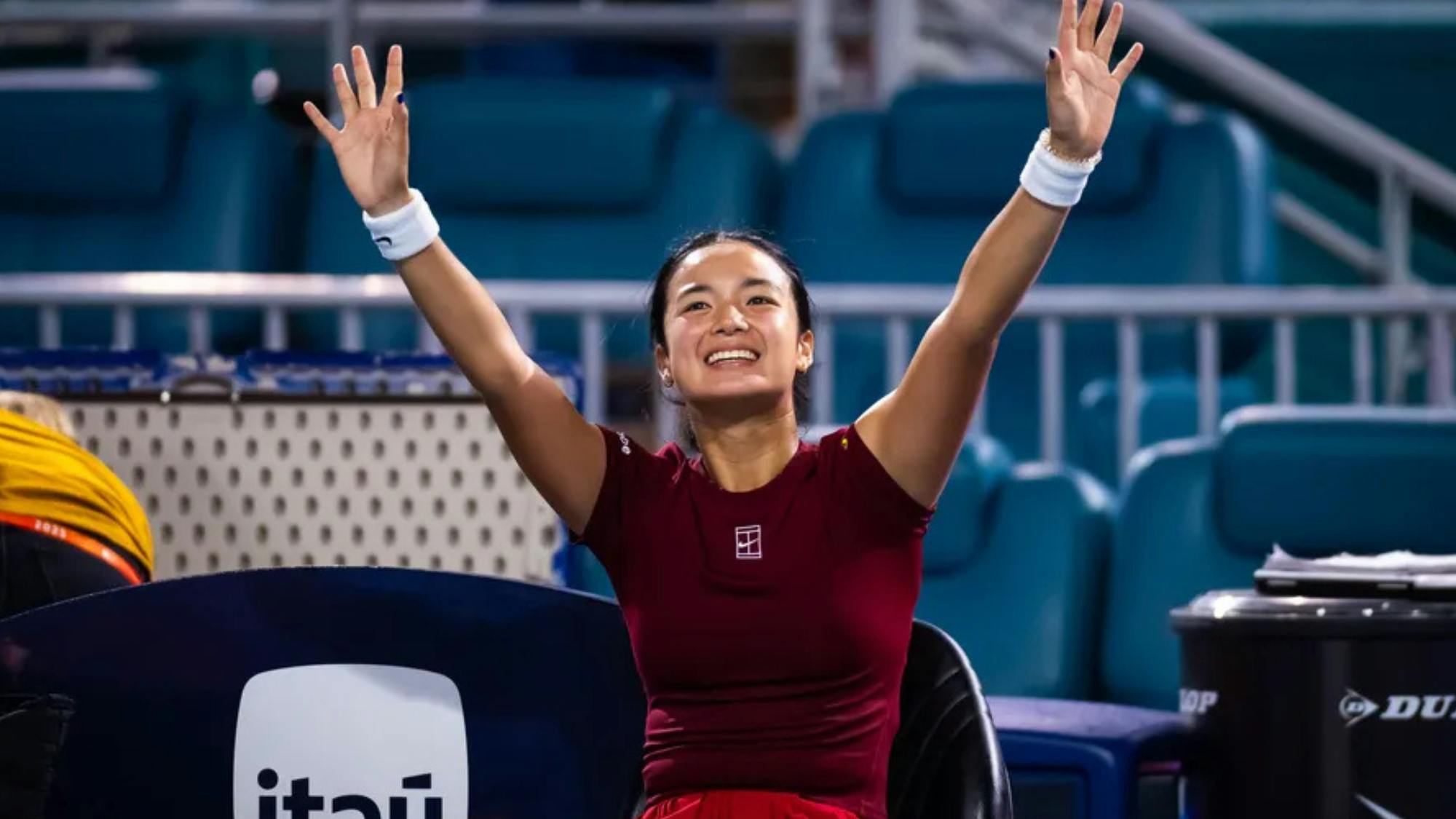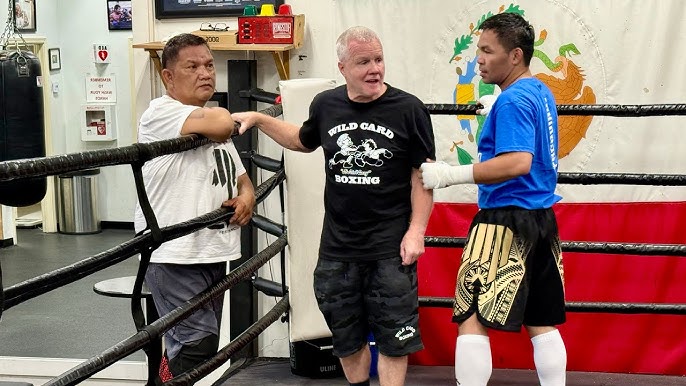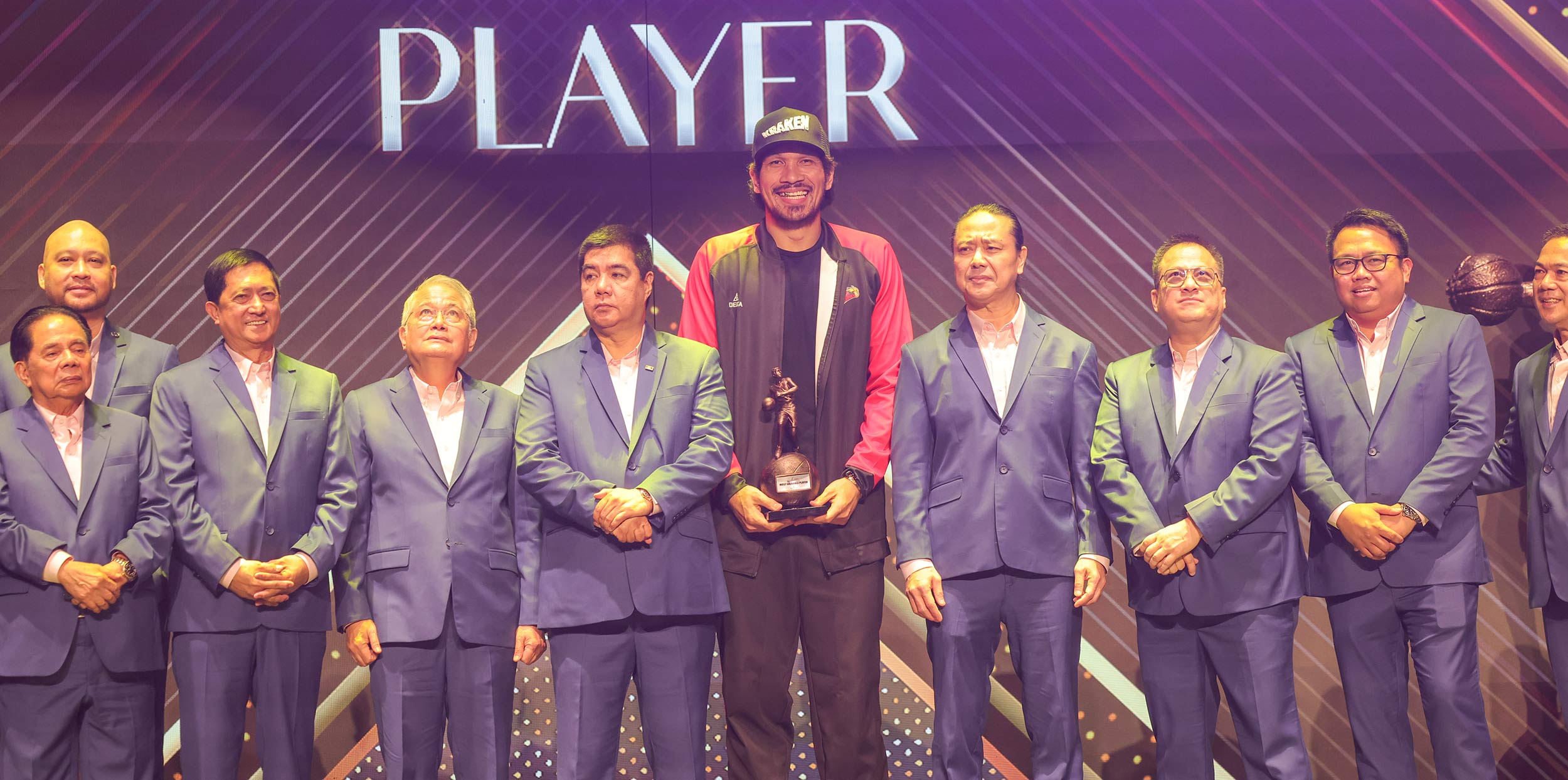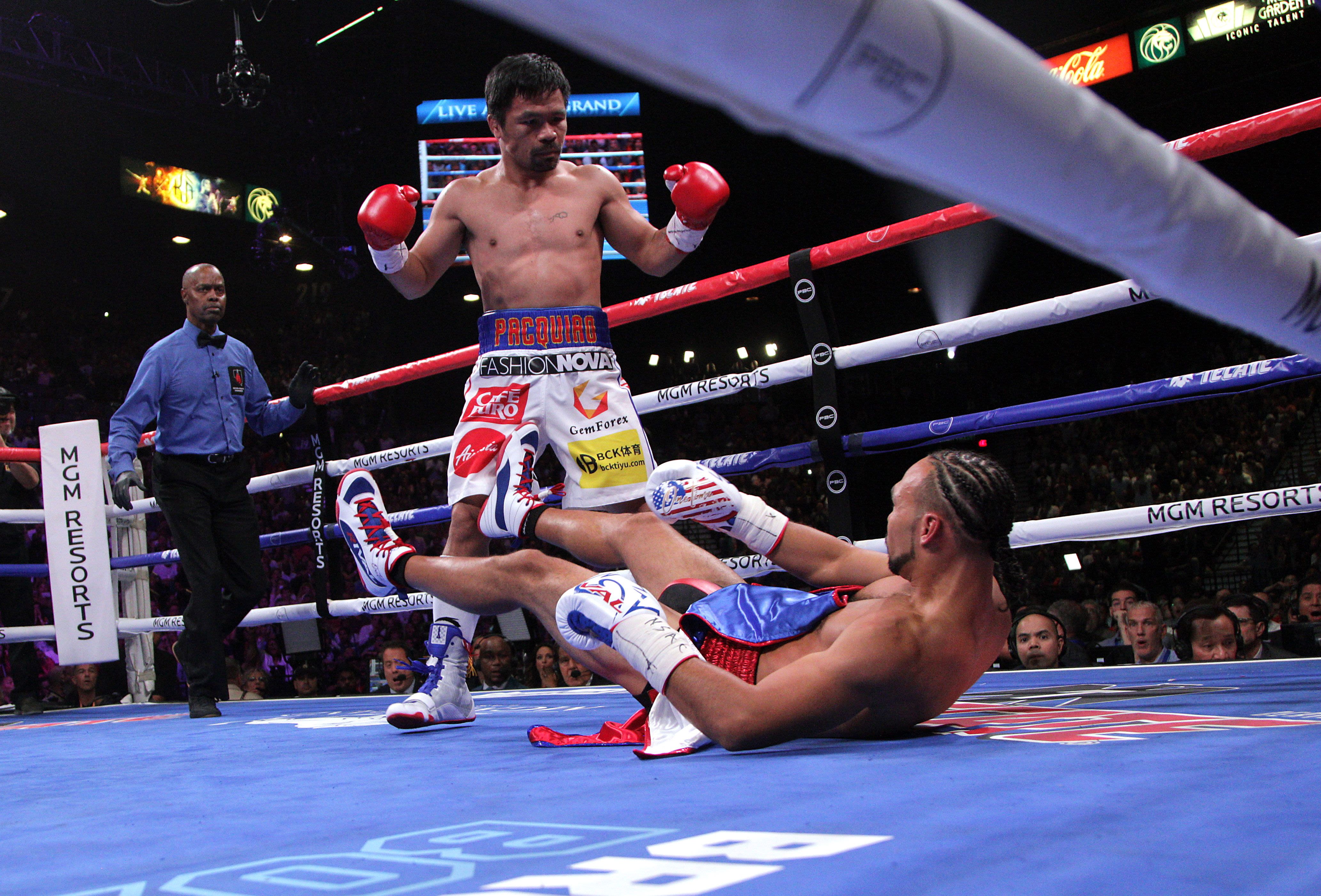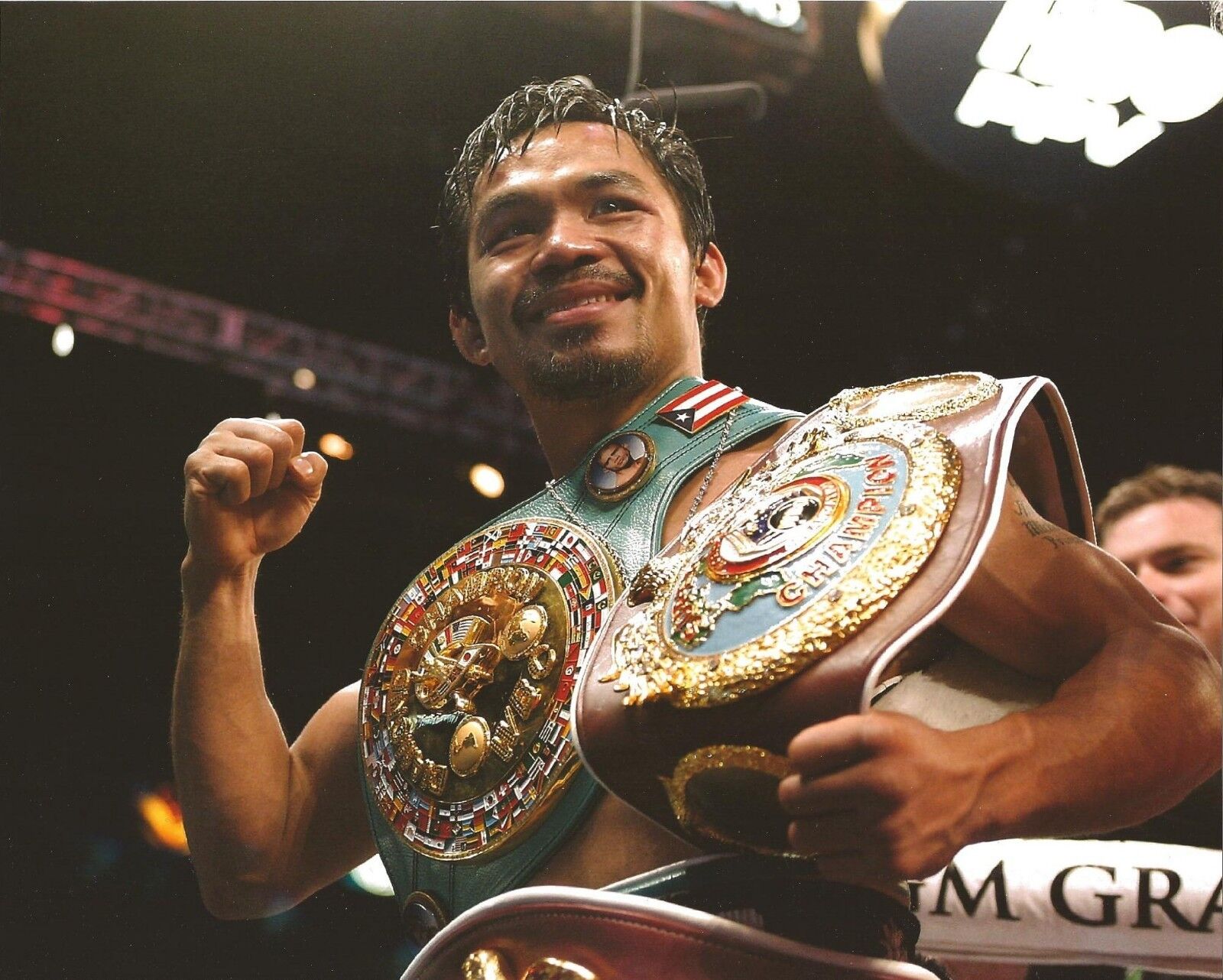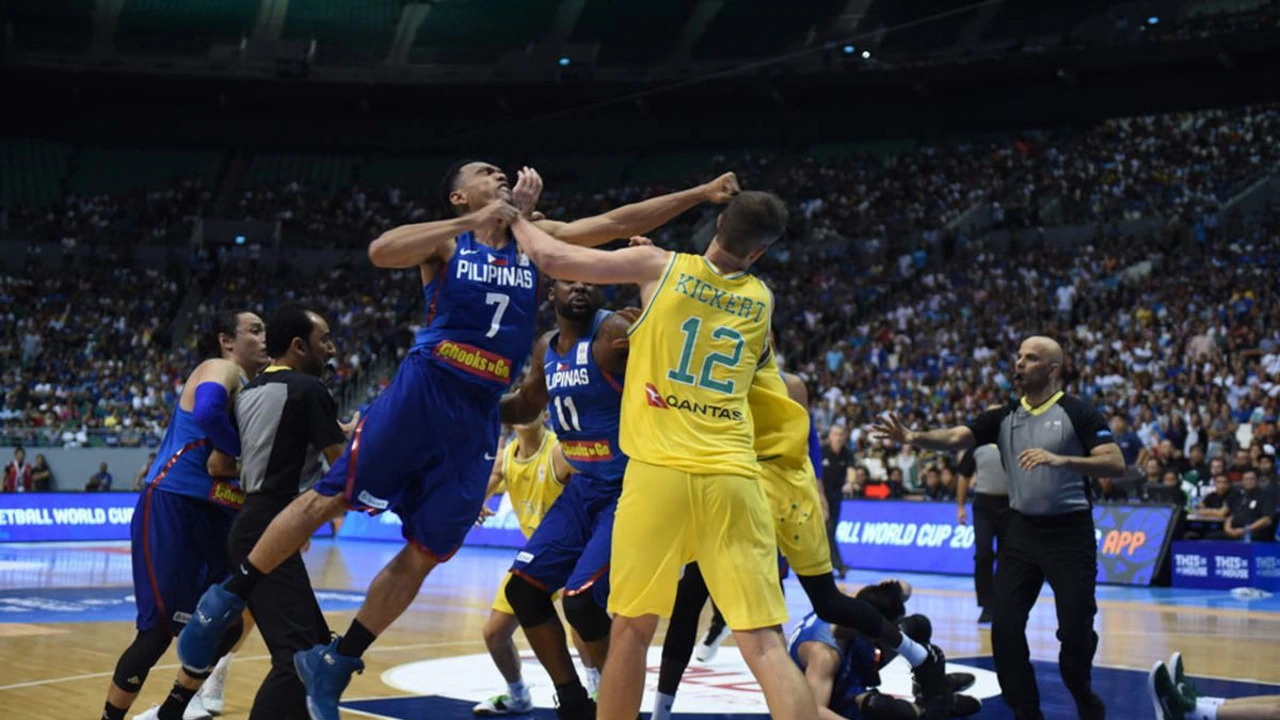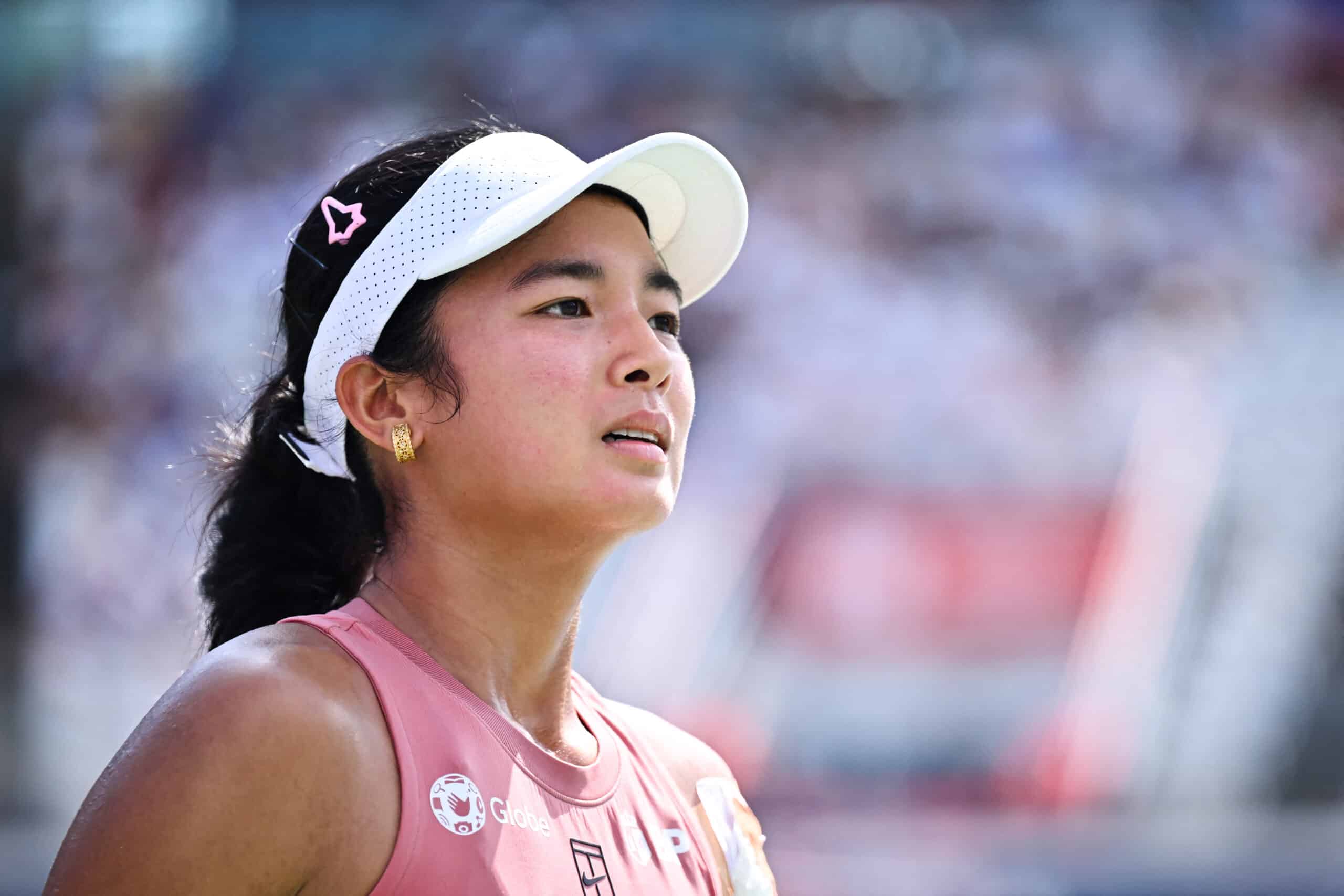- Home
- BasketballDiscover the latest trends, style tips, and fashion news from around the world. From runway highlights to everyday looks, explore everything you need to stay stylish and on-trend.
- Volleyball
- Soccerstay updated with the latest football news, match highlights, scores, player stats, and expert analysis from leagues around the world. Your ultimate destination for all things football.
- BoxingTransform your living spaces with inspiration, tips, and trends in interior design. From minimalist decor to bold statements, find ideas for every style and budget.
- Blogs
- Fixtures & ResultsGet the latest sports fixtures and results, including schedules and scores for NBA, PBA, UAAP, NCAA, and more. Stay informed with real-time updates at Sports News PH.
- Pinoy Sports PulseStay updated with the latest sports news, scores, and analyses from the Philippines. Covering PBA, UAAP, NCAA, and more
- Esports
- Opinion & EditorialExplore an in-depth analysis of recent policy changes and their effects on local communities in our latest editorial.
- Game PredictionsAccess expert game predictions, betting tips, and detailed analyses for NBA, PBA, and international sports events. Stay informed and enhance your game insights with our accurate forecasts.
- OKGamesDiscover unlimited fun at OKgames—a free online gaming platform featuring arcade, strategy, racing, and puzzle games with no downloads required.
- Player ProfileDiscover detailed football player profiles including career stats, biography, position, club history, and recent performances. Everything you need to know about top football talent.
- Stars Beyond Sports
- Home
- BasketballDiscover the latest trends, style tips, and fashion news from around the world. From runway highlights to everyday looks, explore everything you need to stay stylish and on-trend.
- Volleyball
- Soccerstay updated with the latest football news, match highlights, scores, player stats, and expert analysis from leagues around the world. Your ultimate destination for all things football.
- BoxingTransform your living spaces with inspiration, tips, and trends in interior design. From minimalist decor to bold statements, find ideas for every style and budget.
- Blogs
- Fixtures & ResultsGet the latest sports fixtures and results, including schedules and scores for NBA, PBA, UAAP, NCAA, and more. Stay informed with real-time updates at Sports News PH.
- Pinoy Sports PulseStay updated with the latest sports news, scores, and analyses from the Philippines. Covering PBA, UAAP, NCAA, and more
- Esports
- Opinion & EditorialExplore an in-depth analysis of recent policy changes and their effects on local communities in our latest editorial.
- Game PredictionsAccess expert game predictions, betting tips, and detailed analyses for NBA, PBA, and international sports events. Stay informed and enhance your game insights with our accurate forecasts.
- OKGamesDiscover unlimited fun at OKgames—a free online gaming platform featuring arcade, strategy, racing, and puzzle games with no downloads required.
- Player ProfileDiscover detailed football player profiles including career stats, biography, position, club history, and recent performances. Everything you need to know about top football talent.
- Stars Beyond Sports
Now Reading: Filipino-American NBA Stars Inspire, But Also Expose Gaps in Philippine Basketball
-
01
Filipino-American NBA Stars Inspire, But Also Expose Gaps in Philippine Basketball
- Home//
- Basketball//Discover the latest trends, style tips, and fashion news from around the world. From runway highlights to everyday looks, explore everything you need to stay stylish and on-trend.
- Volleyball//
- Soccer//stay updated with the latest football news, match highlights, scores, player stats, and expert analysis from leagues around the world. Your ultimate destination for all things football.
- Boxing//Transform your living spaces with inspiration, tips, and trends in interior design. From minimalist decor to bold statements, find ideas for every style and budget.
- Blogs//
- Fixtures & Results//Get the latest sports fixtures and results, including schedules and scores for NBA, PBA, UAAP, NCAA, and more. Stay informed with real-time updates at Sports News PH.
- Pinoy Sports Pulse//Stay updated with the latest sports news, scores, and analyses from the Philippines. Covering PBA, UAAP, NCAA, and more
- Esports//
- Opinion & Editorial//Explore an in-depth analysis of recent policy changes and their effects on local communities in our latest editorial.
- Game Predictions//Access expert game predictions, betting tips, and detailed analyses for NBA, PBA, and international sports events. Stay informed and enhance your game insights with our accurate forecasts.
- OKGames//Discover unlimited fun at OKgames—a free online gaming platform featuring arcade, strategy, racing, and puzzle games with no downloads required.
- Player Profile//Discover detailed football player profiles including career stats, biography, position, club history, and recent performances. Everything you need to know about top football talent.
- Stars Beyond Sports//
- Home
- Opinion & Editorial
- Filipino-American NBA Stars Inspire, But Also Expose Gaps in Philippine Basketball
Filipino-American NBA Stars Inspire, But Also Expose Gaps in Philippine Basketball
Andre SoteloOpinion & Editorial6 months ago549 Views
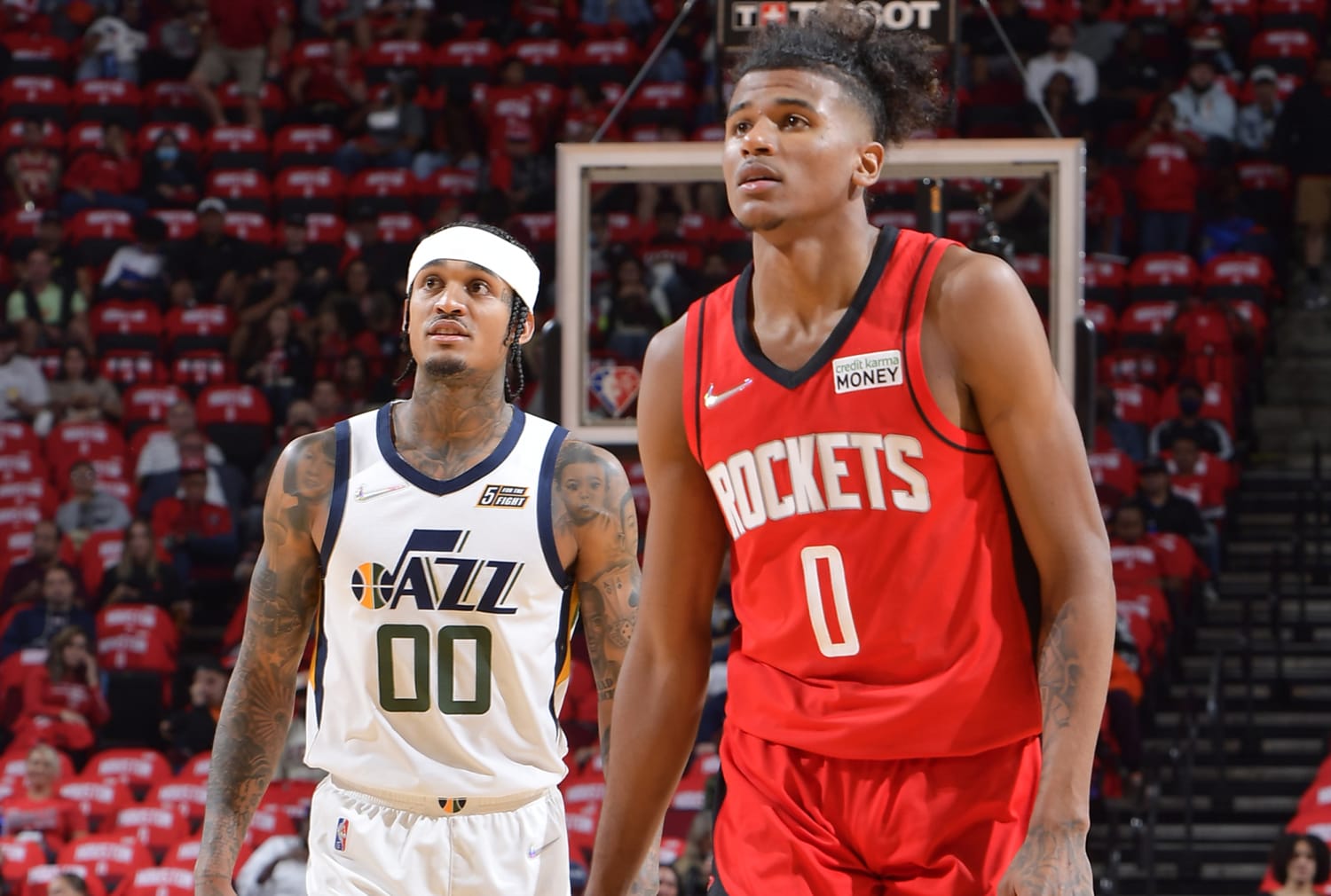
A Global Spotlight on Filipino Heritage
The emergence of NBA players with Filipino heritage—such as Jordan Clarkson, Jalen Green, Dylan Harper, and Jared McCain—has been a powerful source of pride for Filipinos around the world. These players have not only represented excellence on the court but have also become cultural icons for Filipino fans, many of whom see themselves reflected in their stories. Clarkson’s commitment to playing for Gilas Pilipinas and Green’s visible embrace of his Filipino roots have made them household names. Harper and McCain, both selected in the 2025 NBA Draft, have also acknowledged their heritage, further fueling excitement in the local basketball scene. Their presence in the NBA affirms that Filipino talent belongs on basketball’s biggest stage.
The Struggles of Homegrown Talent
But while we celebrate their success, it’s important to recognize the growing contrast between these Fil-foreign stars and the homegrown Filipino players still striving to break through. Despite having elite height, skill, and international experience, Kai Sotto has yet to be drafted by an NBA team. Japeth Aguilar, once part of the NBA D-League system, never made a final roster. Kiefer Ravena, one of the most talented guards the Philippines has produced in recent years, trained abroad and played in Japan, but the NBA still feels out of reach. These players represent the top tier of domestic basketball, yet they remain largely on the outside looking in.
Development Disparity
The disparity lies in development. Fil-foreign players were raised in systems that prioritized athletic performance and competition from an early age—through U.S. high schools, AAU tournaments, and NCAA Division I basketball. In contrast, many Filipino-born players rely on local collegiate leagues and often start professional careers relatively late. They face inconsistent coaching, limited resources, and a basketball system still playing catch-up on global standards. The success of Fil-foreigners in the NBA isn’t just a testament to their talent—it’s a reflection of the support systems they were given from the start.
International Recognition vs. Domestic Gaps
It’s also worth noting how international media and organizations now view the Philippines. NBA Deputy Commissioner Mark Tatum recently acknowledged that the country’s love for basketball is unparalleled and that it’s only a matter of time before a locally developed Filipino makes it to the league. Events like the FIBA World Cup, hosted in Manila with record-breaking attendance, have only strengthened the Philippines’ status as a global basketball hub. Yet, if we continue to rely solely on Fil-foreign representation in the NBA, we risk overlooking the deeper structural issues preventing our own local stars from reaching that level.
Bridging the Divide
There are already steps being taken to bridge this divide. Programs that scout and integrate Fil-foreign prospects into Philippine leagues help raise the standard of play and broaden exposure. But these efforts must go hand-in-hand with substantial investment in grassroots development. That includes building training facilities, hiring experienced coaches, offering international exposure, and creating clear pathways from youth leagues to global competitions. Administrative reforms are also needed to streamline eligibility for Fil-foreign players in the PBA and ensure that talent is prioritized over politics or bureaucracy.
More Than Pride—We Need Progress
The success of Clarkson, Green, Harper, and McCain should be a turning point—not just in terms of fanfare, but in policy and action. Their stories are inspiring, but they also underline how far behind our local systems are. Pride is important, but progress is essential. We cannot continue to celebrate our heritage abroad while failing to fully support our athletes at home.
The Future Lies at Home
Filipino greatness doesn’t need to be imported. It lives in the barangay courts, in underfunded school teams, and in the overlooked talents waiting for a fair shot. If we want to see the first truly homegrown Filipino in the NBA, we need to build a system that gives our players more than just hope—we need to give them a chance.
OKBET is Asia’s most trusted and popular online sports gaming platform. Visit us on OKBET to stay up to date with all sports news from around the world.











